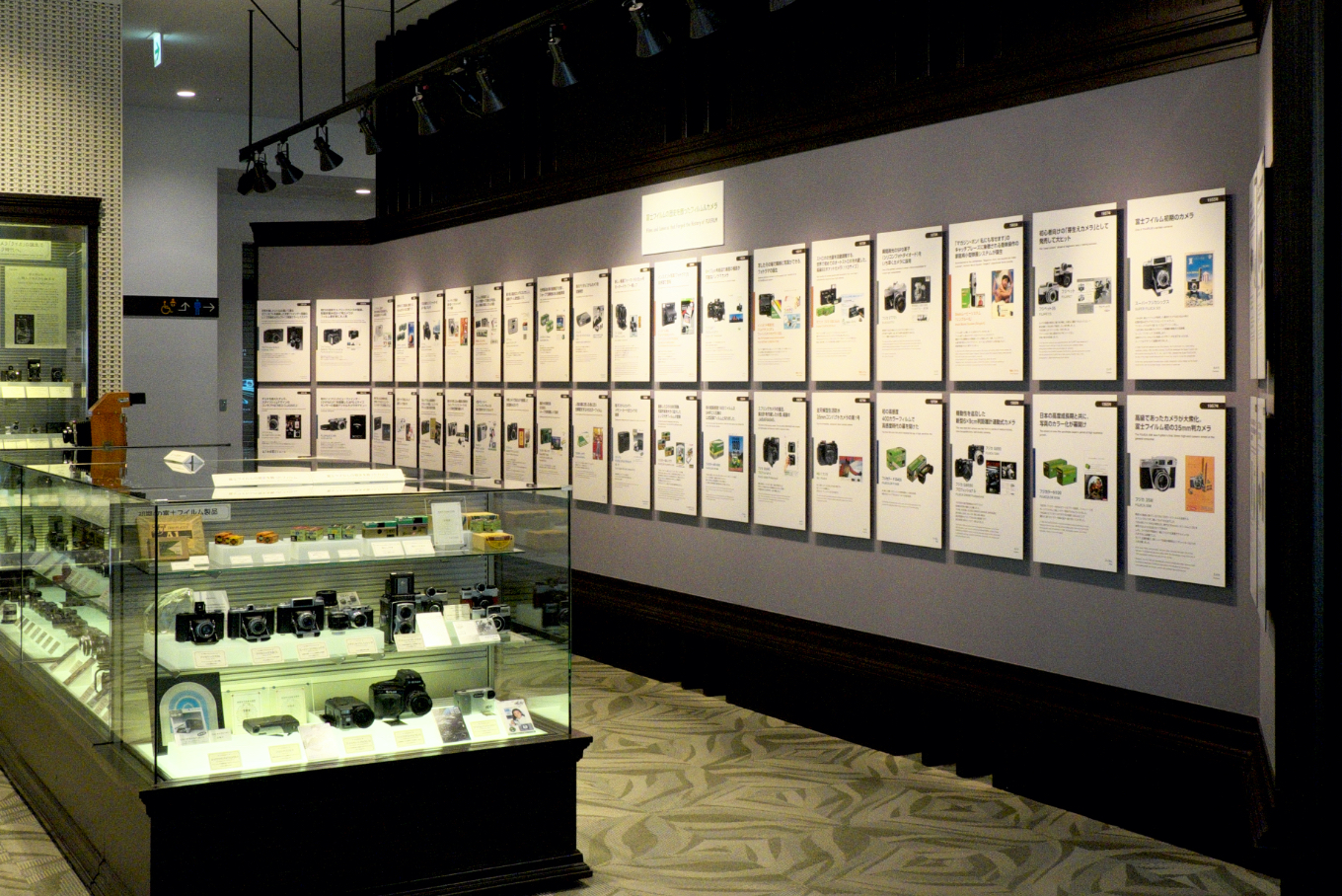About the exhibition
In the 1960s and the 1970s, Japan experienced a fertile era in which many emerging photographers pioneered new modes of photographic expression that broke with existing conventions. Among them, Masahisa Fukase (1934–2012) pursued an intensely personal vision and became a pioneering figure in shi-shashin (I-photography), seen as a distinctively Japanese mode of expression. He left an unparalleled mark on the history of Japanese contemporary photography. Since the establishment of the Masahisa Fukase Archives in 2014, which oversees his body of work, his reputation has continued to grow through exhibitions and the publication of photo books both in Japan and abroad. The spring 2025 release of the biopic Ravens (directed by Mark Gill and starring Tadanobu Asano and Kumi Takiuchi) is drawing even greater attention to his work.
Fukase's photography was consistently rooted in close personal relationships——with his family, his beloved cat, and even himself. Among these, a series of photographs of his former wife Yoko, whom he met in 1963, married the following year, and continued to photograph for over a decade, is essential to any discussion of his work. As Yoko herself wrote, “he lived with me for ten years, all the while looking at me only through the lens, and his images of me were unmistakably nothing but images of himself” (from “The Incurable Egoist,” One Hundred Photographers: Ther Their Faces and the Works, Camera Mainichi, A Separate Volume to Celebrate the 20 years of the Magazine, 1973). Frayed by a private life shaped, and even consumed, by the constant presence of the camera, the couple's marriage came to an end in 1976. Two years later, Fukase published the photobook Yoko (Asahi Sonorama). In April 2025 it was republished by AKAAKA Art Publishing, along with his debut photo book Homo Ludens.
Organized in cooperation with the Masahisa Fukase Archives, this exhibition features 33 vintage prints on view for the first time since Fukase's death. Taken in 1963, the year he met Yoko, the photographs show her wearing a black cape handmade by Fukase, set against the backdrop of the Shibaura slaughterhouse, Tokyo. Fukase, who continually explored the nature of his own existence through photography, once remarked, “My themes always come from things around me, things I can touch with my hands.” These works pose profound questions to viewers about the nature of self and other, and about the essence of photography.




![[Image]Masahisa Fukase Photo Exhibition: Yoko / Homo Ludens](/assets/img/photo_event_250701_05_mv.jpg)
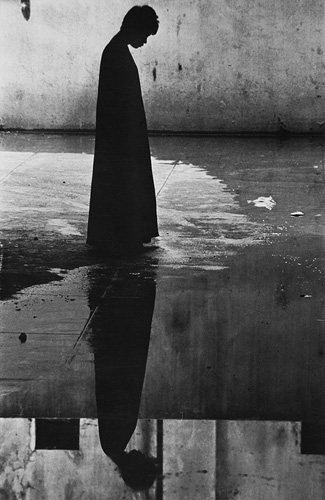
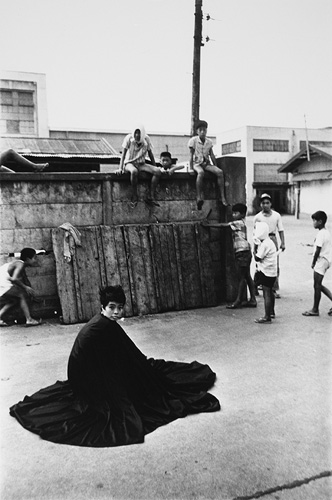
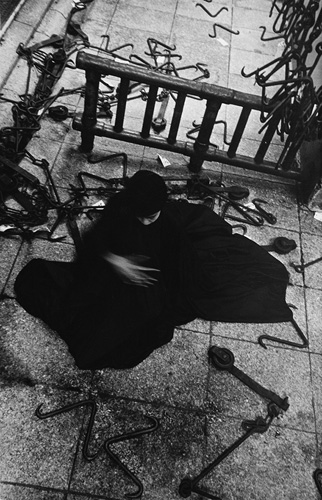
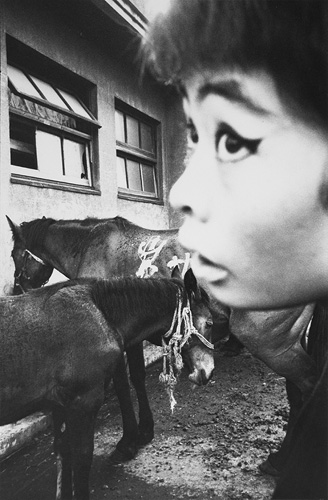
![[image]Hiroh Kikai Photo Exhibition: Persona – Tamasaburo Bando](/assets/img/photo_event_260105_05.jpg)
![[image]Tokuko Ushioda Photo Exhibition: My Husbando](/assets/img/photo_event_260401_05.jpg)
